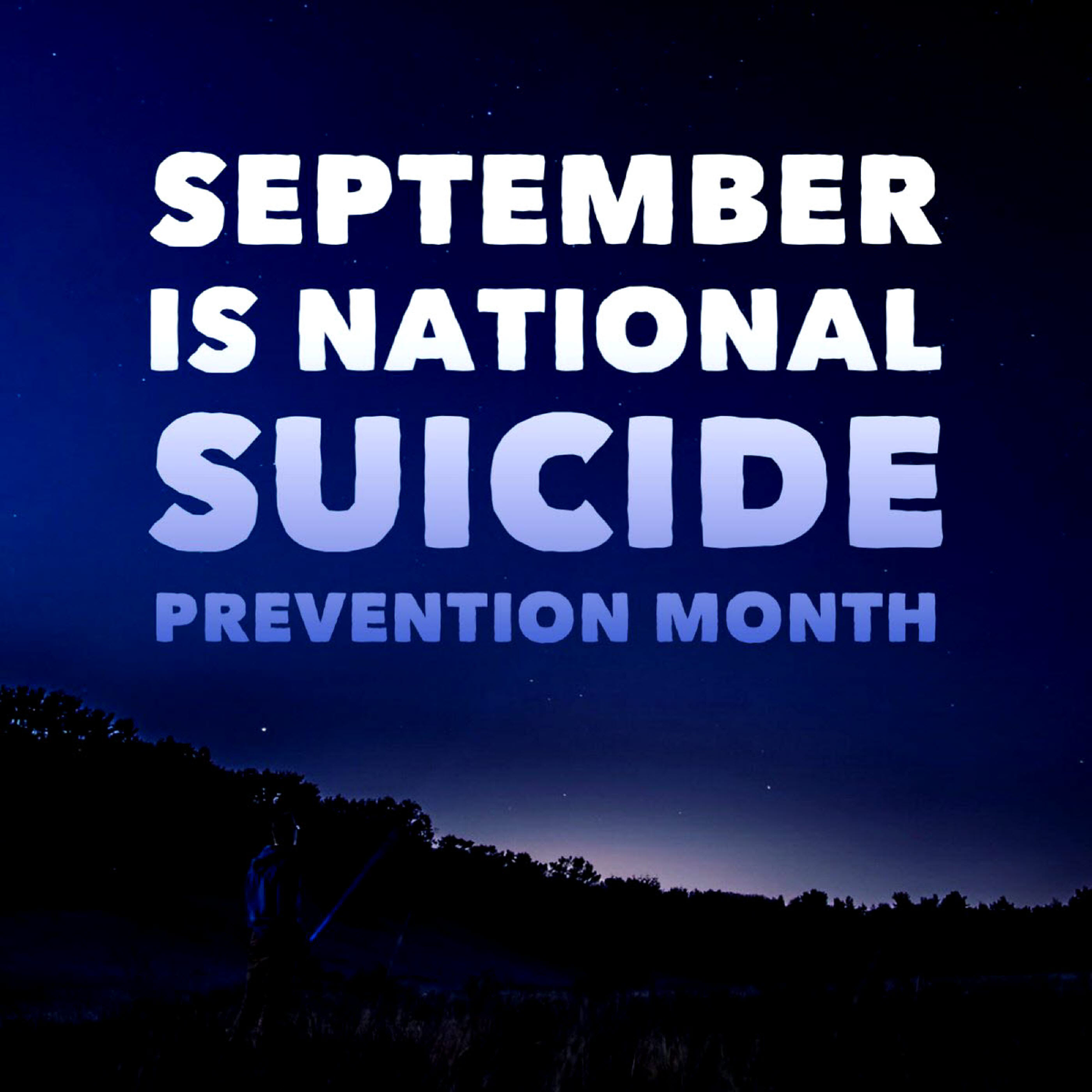
James Donaldson notes:
Welcome to the “next chapter” of my life… being a voice and an advocate for mental health awareness and suicide prevention, especially pertaining to our younger generation of students and student-athletes.
Getting men to speak up and reach out for help and assistance is one of my passions. Us men need to not suffer in silence or drown our sorrows in alcohol, hang out at bars and strip joints, or get involved with drug use.
Having gone through a recent bout of depression and suicidal thoughts myself, I realize now, that I can make a huge difference in the lives of so many by sharing my story, and by sharing various resources I come across as I work in this space. http://bit.ly/JamesMentalHealthArticle
By Alex Perry
Nearly a dozen parents and educators came out to King’s Fork High School on Wednesday evening for a preview and discussion on teen suicide.
They watched “More than Sad: Teen Depression,” a video produced by the American Foundation for Suicide Prevention to help students recognize signs of depressions in themselves or others. Suffolk sophomores and eighth-graders will watch the same video in their health and physical education classes in the next few months.
Four different scenarios play out in the video that illustrate just a few of the warning signs. Each teen in the video is suffering from depression, and each of them manifests their depression in a different way, whether it’s anxiety, lethargy, anger or something else entirely.
“Kids see themselves and people that they know in some of these situations,” said Michelle Peterson, executive director of the Sarah Michelle Peterson Foundation.
Suffolk Public Schools is once again partnering with the Sarah Michelle Peterson Foundation to help facilitate conversations about depression and suicide between adults and teens through community-wide open sessions at participating high schools and middle schools.
The latest suicide trends studied by the Centers for Disease Control and Prevention and published in 2015 for people ages 10 to 24 show that there were 5,178 reported suicides for this age bracket in 2012, which accounted for 13.4 percent of total suicides across the country.
The first leading cause of death for people ages 15-24 is all accidents combined, Peterson said. Suicide is the second.
Michelle Peterson and her family started the foundation after her daughter Sarah Peterson took her own life in January 2014, three weeks after she turned 15.
“There’s a lot of stigma around people killing themselves,” she said. “We don’t like to talk about it, so we just don’t.”
One of the key risk factors for all ages is an undiagnosed, untreated or ineffectively treated mental health condition. But these are often misinterpreted as laziness, immaturity or typical adolescent mood swings.
Peterson explained different behaviors that may signal a deeper problem, from increasing drug use and aggression to further extremes that show suicidal ideas.
Coming back from the brink requires open conversation and most likely treatment. Peterson said that treatment has been effective for eight out of 10 people suffering from depression, but there’s no one-size-fits-all approach for treatment. It’s also possible that symptoms may reoccur after they were seemingly treated beforehand.
Sometimes these teens just need to talk to someone. That may be their parent or another trusted adult. Latricia Russell-Wilkerson, an instructor for Paul D. Camp Community College and a Suffolk Public Schools employee, referred to “go-to parents,” which is another adult that’s been given permission by that child’s parents to discuss whatever may be troubling them.
Peterson emphasized that reaching out to a teen that’s hurting requires an immense amount of patience and understanding. They’re closed off, and they need time to open up about their feelings.
“It’s important to be patient because it’s hard for kids to open up,” she said. “Sometimes it takes time.”
If you or someone you know needs to talk, call the 24-hour suicide prevention lifeline at 1-800-273-8255 or text 741741.
https://standingabovethecrowd.com/?page_id=3300


No comments:
Post a Comment